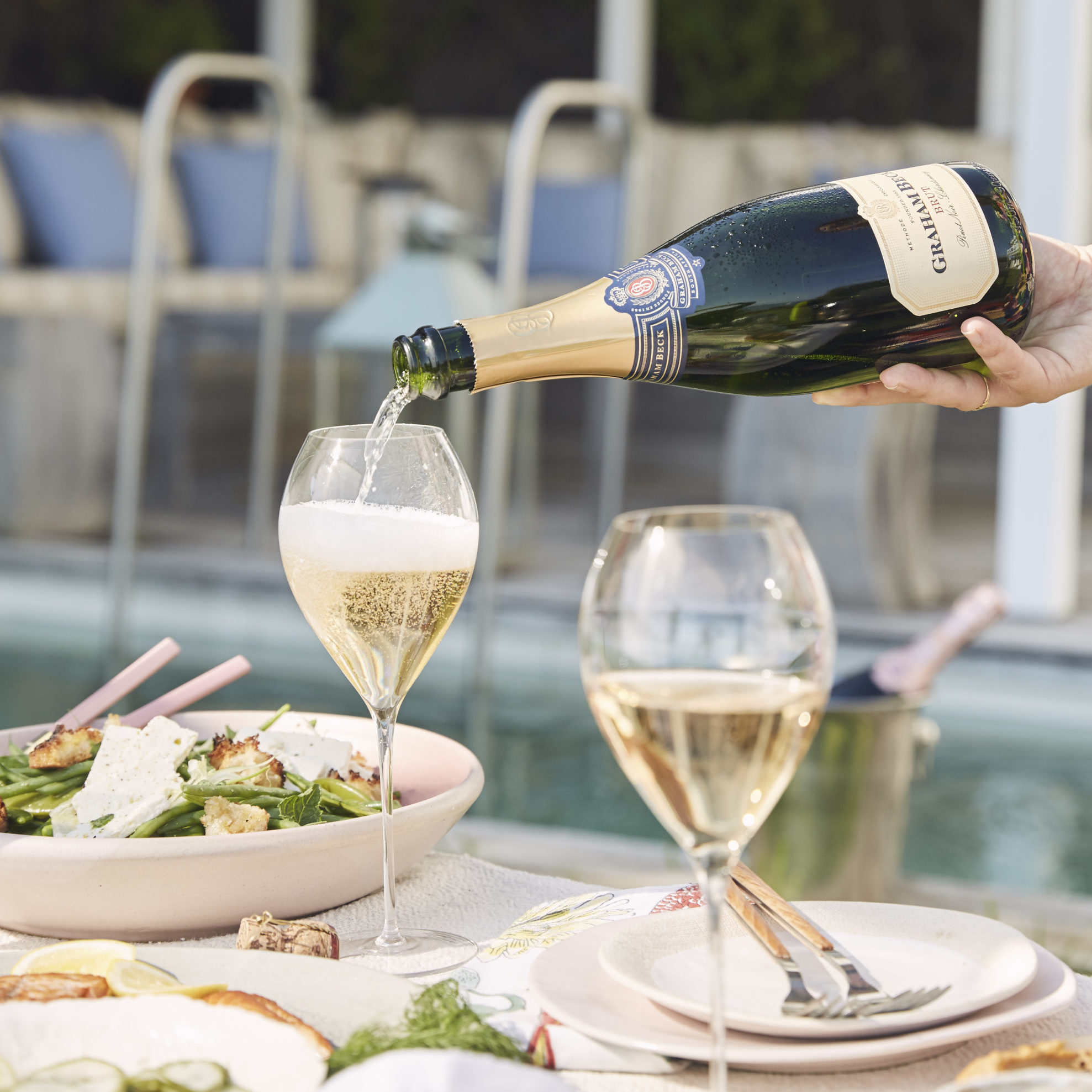
Explore South Africa With These 10 Wines
As Seen In Tasting Table December 2022
By Samantha Maxwell
“South Africa has a unique wine-growing history. In some ways, South Africa has been producing wine for a long time — according to Winebow, members of the Dutch East India Company started planting vines all the way back in 1655. But it hasn’t necessarily been a smooth journey for the country’s winemakers. British colonizers expanded the area under vine, but wine production went down as the U.K. and France began to trade with one another more. Phylloxera, an insect that caused the widespread destruction of European vines in the late 19th century, hit South Africa as well. Then, in the 1960s, many countries in the world imposed sanctions on South Africa due to apartheid. But by 1994, when apartheid ended, South African wine production was on track to keep growing.
These days, South Africa is especially known for producing chenin blanc, pinotage, and traditional method sparkling wines. Especially considering the fact that the vineyard area only covers a small portion of the country, South African wines have made a name for themselves in the past several decades. Let’s take a look at some of South Africa’s most famous wines. Who knows? It may inspire to you open a bottle.”
Breede River Valley — Methode Cap Classique
“Love Champagne? There are a few different ways of making sparkling wine, and the Champagne method, also referred to as the traditional method, is responsible for some of the world’s most celebrated wines. Sparkling wines from Champagne may be the most famous of the bunch, but that doesn’t mean you shouldn’t be checking out sparkling wine from other parts of the world as well. According to Glass of Bubbly, Methode Cap Classique is South Africa’s take on sparkling wine, and it utilizes the same method that’s used to make Champagne. Sparkling wines are fermented twice, and for traditional method sparkling wines, that second fermentation happens in the same bottle you end up purchasing. This allows the wine to develop yeasty, bready notes because it stays in contact with the lees, or dead yeast cells, for an extended period of time.
Many of the country’s most well-known Methode Cap Classique producers, like Graham Beck, can be found in the Breede River Valley.”

